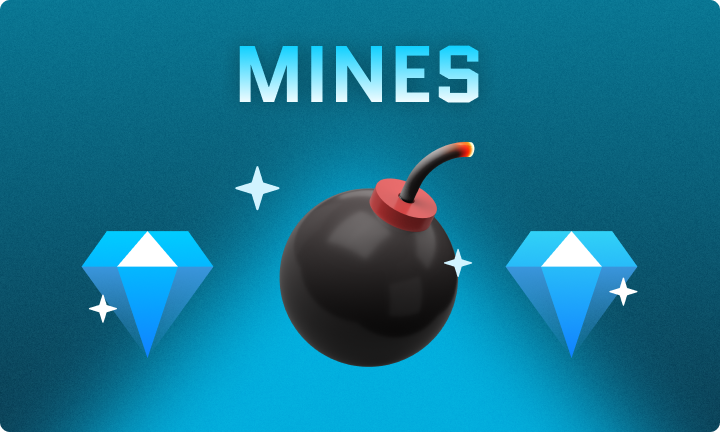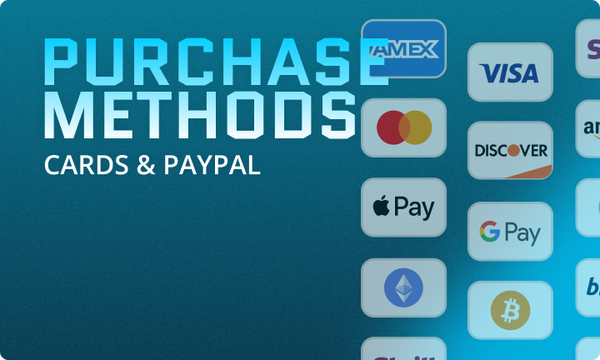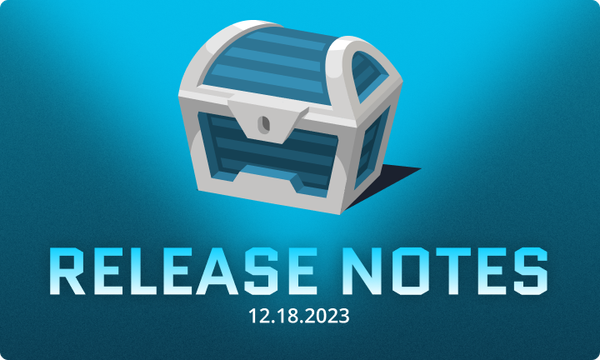How to Play: Mines

Are you up for a classic arcade thrill? Look no further than Mines, the social arcade game that will keep you on the edge of your seat! One wrong move, and BOOM, it's game over!

How to Play
The objective is crystal clear: navigate through all the tiles on the board without triggering a "mine" or bomb. Each tile you successfully uncover multiplies your initial play amount, and you can choose to end play at any moment, securing your current winnings.
Set your desired play amount and determine the number of mines you'd like to populate the board with. Remember, the more mines you select, the higher your potential winnings become. However, be cautious because the more mines you introduce, the greater the risk of stumbling upon one instead of a valuable gem.

Once your desired token amount is in place, and your minefield is set, hit that play button! You'll now have access to essential game statistics, including your current multiplier, cashout amount, remaining loot, mines in play, and the potential prize awaiting you on your next tile. Use this valuable information to make the critical decision of ending play or bravely turning over another tile. The more gems you reveal without triggering a bomb, the larger your multiplier grows when you successfully end your gameplay.

However, be warned that the moment you encounter a bomb, your run will come to an abrupt end. But don't worry; the game will unveil the locations of the remaining mines and diamonds, so you can strategize for your next attempt!
Multiplier Table

Rules
Each round, the gems and bombs are reset and randomly placed before starting.
When cashing out, you’ll receive the last multiplier displayed.
If you uncover all of the gem tiles on the board, you will automatically win and cash out.
Provably Fair System:

At Runestake, trust is paramount. Like all our original games, Mines operates under a provably fair system. This ensures the integrity of your gameplay, offering you a secure and transparent gaming experience.
Check out an in-depth explanation of our Provably Fair system here.





